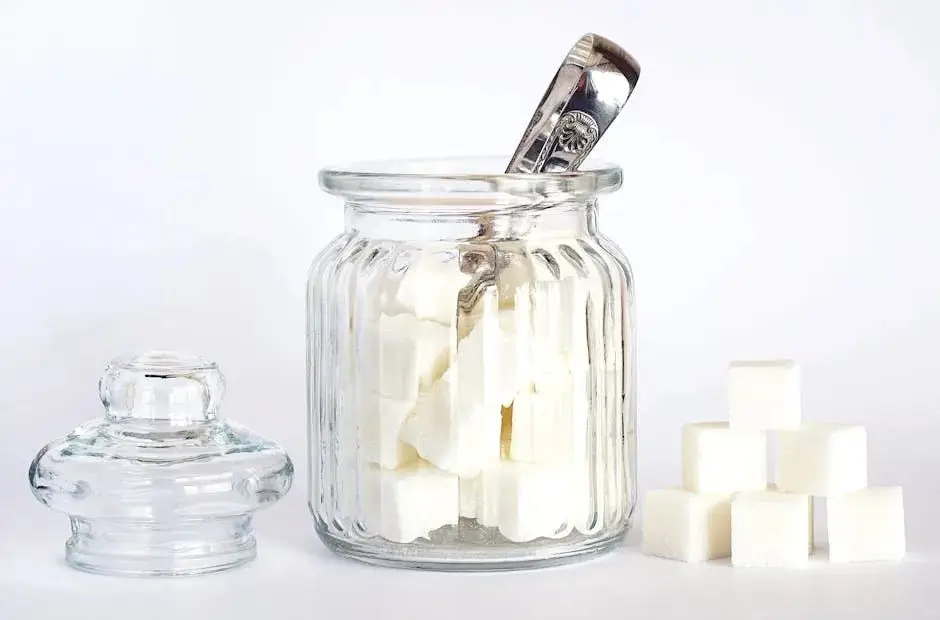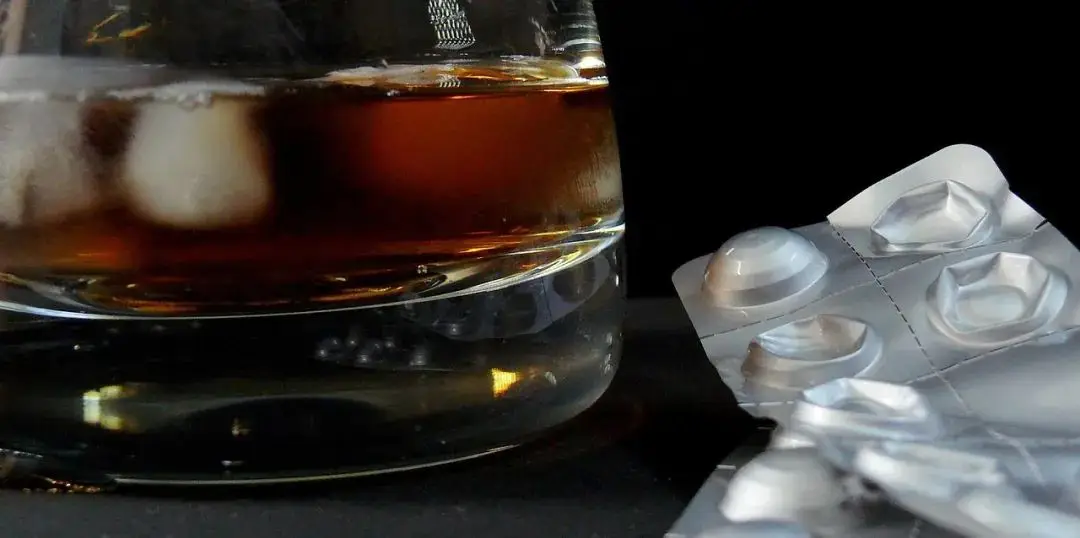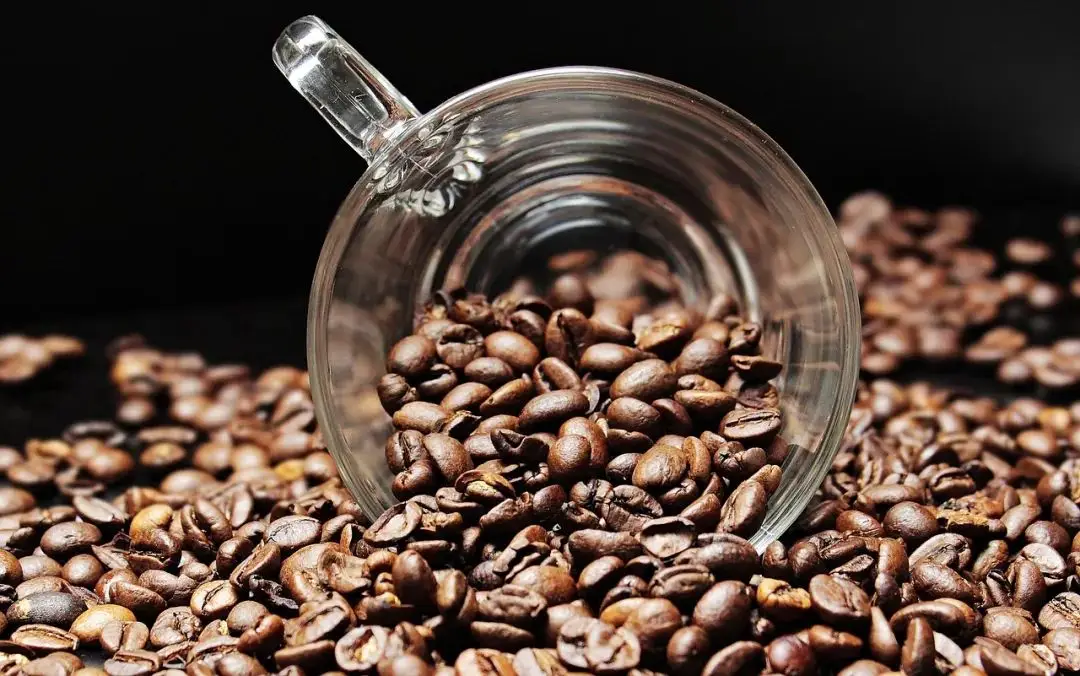Coffee has long been integrated into modern people's lives and has become a daily "must-have" for countless office workers. But you should know that this cup of "energy water" can refresh the mind if you drink it correctly, but it may harm your health if you drink it incorrectly.

"Extend life" or "promote cancer"?
Or it depends on a habit
According to media reports, studies have found that coffee is closely related to cancer risk.
The study followed up more than 180,000 participants aged 37-73 for 8.8 years and showed that drinking more than 2 cups (250 ml per cup) of unsweetened coffee a day reduced the risk of cancer by 5% and the risk of death by 11%; but drinking more than 2 cups of sugared coffee increased the risk of cancer by 6% and the risk of death soared by 25%.
Why does just adding a little sugar have such a different effect?

This is because sugar-free coffee is rich in antioxidant ingredients such as polyphenols, which can inhibit chronic inflammation, reduce cell damage, and thus reduce the probability of cancer; in contrast, high sugar intake can cause a sudden rise in blood sugar, promote insulin resistance and oxidative stress, activate cancer-promoting signaling pathways, and provide a favorable environment for the growth of cancer cells.
Coffee interacts with drugs
Coffee is not only particular about drinking habits, but also needs to be taken with caution when taking certain drugs at the same time, otherwise it may affect the efficacy of the drug or increase the burden on the body.

- Sedatives and hypnotics + caffeine: the effects are offset. Caffeine can cause central nervous system excitement and weaken the sleep-inducing effect of sedatives and hypnotics. Representative drugs include diazepam, alprazolam, estazolam, etc.
- Antipyretic analgesics + caffeine: aggravate gastric irritation. Antipyretic analgesics have a stimulating effect on the gastric mucosa, while caffeine increases gastric acid secretion, aggravates the irritation of the drug to the gastric mucosa, and there is a risk of gastric bleeding. Representative drugs include ibuprofen, aspirin, etc.
- Anti-osteoporosis drugs + caffeine: aggravate osteoporosis. Caffeine accelerates the removal of calcium in the body, reduces calcium absorption, and causes osteoporosis. Representative drugs include sodium alendronate, calcium carbonate D3, etc.
There is also a "golden time" for drinking coffee
Studies have also found that there is a "golden time" for drinking coffee. A 9-10-year follow-up study of more than 40,000 adults showed that drinking coffee in the morning (4:00-11:59) reduced all-cause mortality by 16% and cardiovascular disease mortality by 31%, while drinking coffee all day had no such effect.
Studies have shown that moderate intake of 2-3 cups per day can reduce the risk of death more significantly. Experts generally recommend that healthy adults consume no more than 400 mg of caffeine per day.
◆ If you want to drink coffee healthily, keep in mind 5 points
01. Quit sugar
Choose sugar-free black coffee or Americano, and reduce sugar and juice. You can add a small amount of milk or oat milk to improve the taste and reduce the risk of cancer and death.
02. Do not drink on an empty stomach
Drinking coffee after a meal can help digestion and reduce irritation to the stomach and intestines.

03. Time selection
It is best to drink in the morning. Drinking coffee at this time can significantly reduce cardiovascular disease and all-cause mortality; drinking in the afternoon can easily affect sleep and interfere with healthy rhythms.
04. Temperature control
Coffee should be placed below 65°C before drinking to avoid high temperature damage to the esophagus. Drinking it slowly in small sips can not only play a refreshing effect, but also enjoy the aroma of coffee.
05. Limit
Daily caffeine intake should not exceed 400 mg, about 2-3 cups of coffee. Excessive intake can easily cause anxiety, insomnia, gastrointestinal discomfort and other problems.
Coffee is not a "panacea" for health. A healthy lifestyle such as regular work and rest, balanced diet, and moderate exercise is the foundation. Do not rely on coffee to make up for the harm caused by bad living habits.

%20--%3e%3c!DOCTYPE%20svg%20PUBLIC%20'-//W3C//DTD%20SVG%201.1//EN'%20'http://www.w3.org/Graphics/SVG/1.1/DTD/svg11.dtd'%3e%3csvg%20version='1.1'%20id='图层_1'%20xmlns='http://www.w3.org/2000/svg'%20xmlns:xlink='http://www.w3.org/1999/xlink'%20x='0px'%20y='0px'%20width='256px'%20height='256px'%20viewBox='0%200%20256%20256'%20enable-background='new%200%200%20256%20256'%20xml:space='preserve'%3e%3cpath%20fill='%23FFFFFF'%20d='M194.597,24.009h35.292l-77.094,88.082l90.697,119.881h-71.021l-55.607-72.668L53.229,232.01H17.92%20l82.469-94.227L13.349,24.009h72.813l50.286,66.45l58.148-66.469V24.009z%20M182.217,210.889h19.566L75.538,44.014H54.583%20L182.217,210.889z'/%3e%3c/svg%3e)